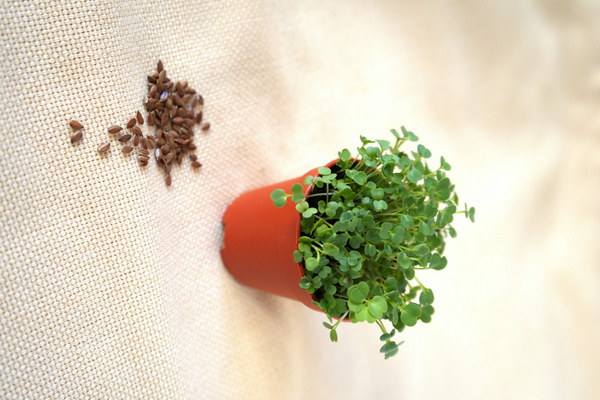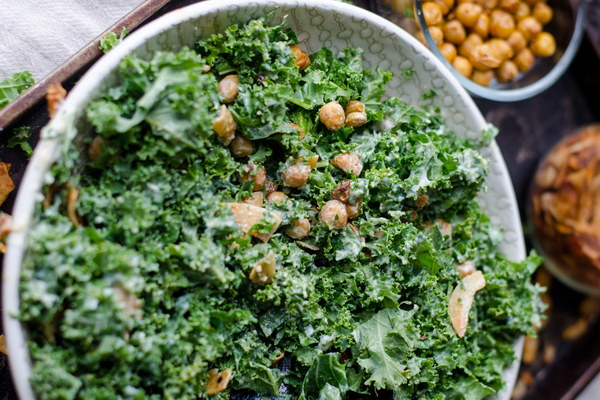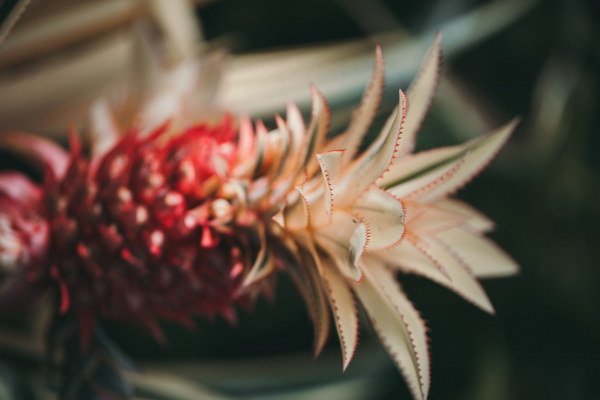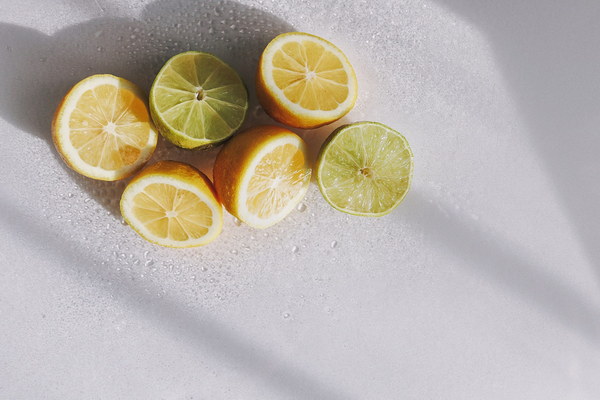Banishing Dampness and Bloating The Role of Damp-Relieving Tea
In the pursuit of good health, many individuals turn to natural remedies to address various health concerns. One such concern that often plagues individuals is dampness and bloating, which can be uncomfortable and affect daily activities. This article explores the role of damp-relieving tea in alleviating these symptoms and improving overall well-being.
Dampness and bloating are common issues that can arise due to an imbalance in the body's Yin and Yang, according to traditional Chinese medicine. In this context, dampness refers to the accumulation of excess moisture in the body, which can lead to various health problems. Bloating, on the other hand, is often a result of poor digestion and the build-up of gas in the gastrointestinal tract. While modern medicine offers various treatments for these issues, many individuals prefer to explore natural remedies that can address the root cause of the problem.
Damp-relieving tea is a traditional Chinese herbal tea that has been used for centuries to alleviate dampness and bloating. The tea is made from a combination of natural ingredients that work together to address the root cause of these symptoms. Some of the key ingredients found in damp-relieving tea include:
1. Cinnamon: This aromatic spice helps to warm the body and improve digestion. It also has natural anti-inflammatory properties that can help reduce bloating and discomfort.
2. Licorice root: Licorice root is a well-known herb in traditional Chinese medicine, known for its ability to balance Yin and Yang. It helps to nourish the spleen and stomach, promoting healthy digestion and reducing dampness.
3. Poria: Poria is a type of mushroom that is often used in damp-relieving teas. It helps to drain excess moisture from the body, reducing bloating and promoting overall well-being.
4. Peppermint: Peppermint is a refreshing herb that has been used for centuries to improve digestion. It helps to relax the muscles in the gastrointestinal tract, allowing gas to pass more easily and reducing bloating.
5. Ginger: Ginger is another popular herb used in damp-relieving tea. It has natural anti-inflammatory properties that can help reduce bloating and improve digestion.
To prepare a cup of damp-relieving tea, simply steep one to two teaspoons of dried herbs in hot water for about five to ten minutes. Strain the tea and enjoy it warm. It is recommended to drink one to two cups of damp-relieving tea per day, especially after meals.
While damp-relieving tea can be an effective natural remedy for dampness and bloating, it is important to note that individual experiences may vary. Some individuals may find that the tea provides immediate relief, while others may need to drink it consistently for several weeks to notice significant improvements.
It is also important to consult with a healthcare professional before starting any new herbal treatment, especially if you have underlying health conditions or are taking other medications. While damp-relieving tea is generally considered safe, some ingredients may interact with certain medications or cause allergic reactions in some individuals.

In addition to drinking damp-relieving tea, there are other lifestyle changes that can help alleviate dampness and bloating. These include:
1. Eating a balanced diet: Incorporate a variety of fruits, vegetables, whole grains, and lean proteins into your diet to support healthy digestion and reduce dampness.
2. Regular exercise: Engage in moderate physical activity to improve circulation, promote healthy digestion, and reduce bloating.
3. Adequate hydration: Drink plenty of water throughout the day to help flush out excess moisture and support kidney function.
4. Stress management: Chronic stress can exacerbate dampness and bloating, so it is important to find ways to manage stress, such as through meditation, deep breathing exercises, or yoga.
In conclusion, damp-relieving tea can be an effective natural remedy for dampness and bloating. By incorporating this traditional Chinese herbal tea into your daily routine and making other lifestyle changes, you can help alleviate these symptoms and improve your overall well-being. Remember to consult with a healthcare professional before starting any new treatment, and enjoy the benefits of this ancient remedy.









